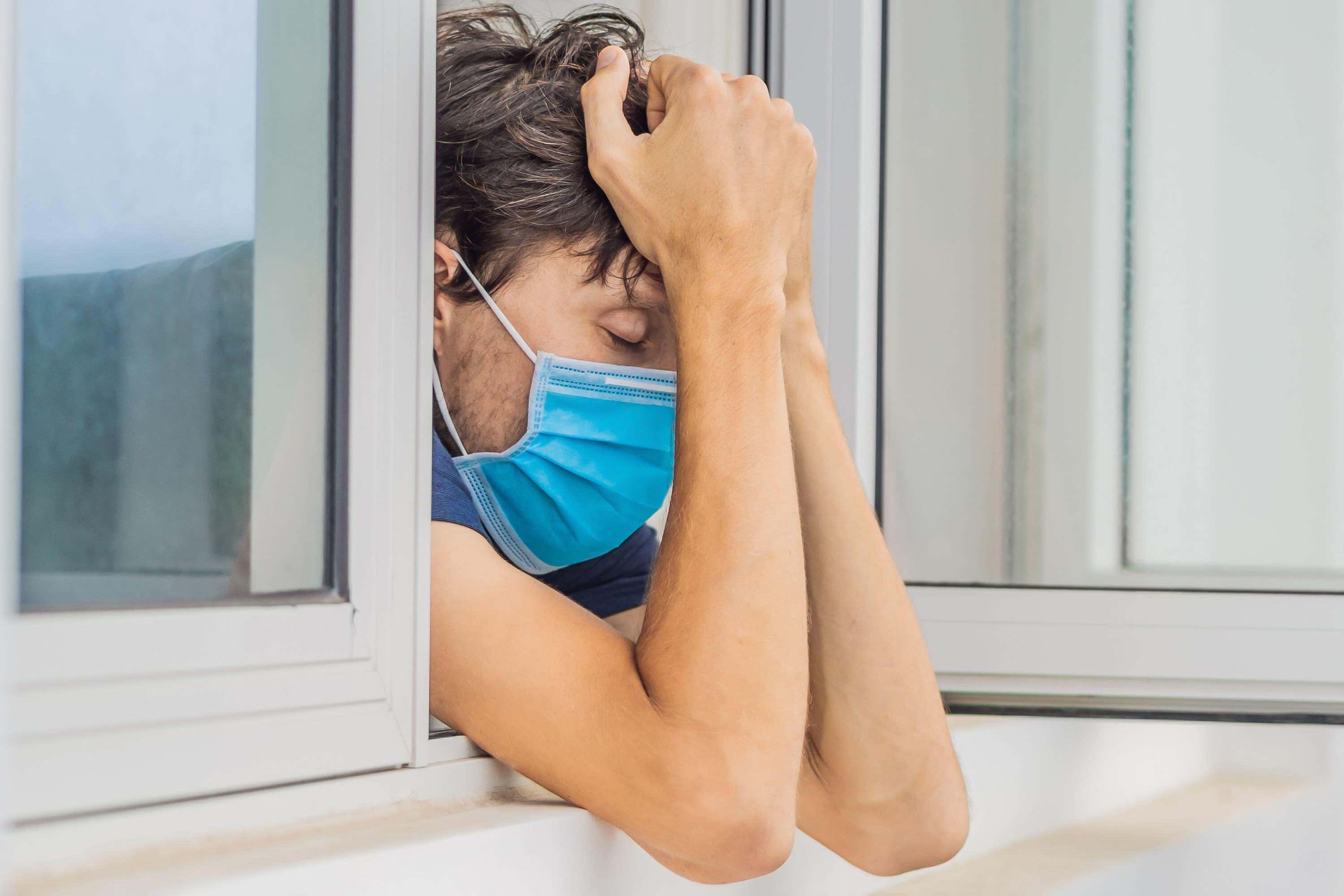Majority of people with long Covid ‘report experiencing some form of stigma’
An estimated 2.1 million people are living with long Covid in the UK.

The majority of people living with long Covid report experiencing some form of stigma related to their condition, according to a new study.
An estimated 2.1 million people are living with long Covid in the UK – equivalent to 3.3% of the population – as of October 1, according to the Office for National Statistics.
Researchers for the study, published in the journal Plos One, found 95% of sufferers have experienced some form of stigma, while 76% reported experiencing it “often” or “always”.
The team from the University of Southampton and Brighton and Sussex Medical School conducted an online survey of 1,100 people, including 966 from the UK.
The stigma attached to long Covid is harming people living with long Covid and is likely to leave a devastating mark on our society and health service provision
The participants were asked if they had experienced “enacted stigma”, where they have been directly treated unfairly because of their condition.
They were also asked if they had experienced “internalised stigma”, where they felt embarrassed or ashamed, or “anticipated stigma”, where their expectation is that they would be treated poorly because of their condition.
Dr Marija Pantelic, lecturer in public health at Brighton and Sussex Medical School, said: “The stigma attached to long Covid is harming people living with long Covid and is likely to leave a devastating mark on our society and health service provision.
“We know from decades of research with other long-term conditions such as asthma, depression and HIV that stigma has dire consequences for public health.
“Fear of stigma is also likely to drive people away from health services and other support, which over time has detrimental consequences on people’s physical and mental health.”
In the study, nearly two thirds (63%) of people reported experiences of stigma, such as being treated with less respect or people they care about stopping contact with them due to their health condition.
We were surprised to find that people with a clinical diagnosis of long Covid were more likely to report stigma than people without a formal diagnosis
Some 91% expected to experience stigma and discrimination.
For example, they thought many people did not consider long Covid to be a real illness, or they anticipated judgment.
Some 86% of respondents felt a “profound sense of shame” related to having long Covid; they were embarrassed about their illness and felt “very different” from people without the condition.
Some 61% of people said they were very careful who they tell about their condition, with around one third (34%) of respondents regretting telling people about it.
Overall, the prevalence of experiencing stigma was higher in those who reported having a clinical diagnosis of long Covid (83%) compared to those without or who were unsure (69%).
In addition to the significant health burden of long Covid, the stigma and discrimination associated with the condition can lead to relationship breakdowns and problems at work
Nisreen Alwan, professor of public health at the University of Southampton, said: “We were surprised to find that people with a clinical diagnosis of long Covid were more likely to report stigma than people without a formal diagnosis.
“We are not sure why this is – perhaps because they are more likely to share their health status with others or perhaps because they have engaged more with health services.”
Claire Hastie from the charity Long Covid Support, which also worked on the study, added: “Sadly, we see the results of stigma all too often among members of our support group.
“In addition to the significant health burden of long Covid, the stigma and discrimination associated with the condition can lead to relationship breakdowns and problems at work.
“These cause immense additional distress, which itself can compromise healing.
“It is vital that people with the condition are believed and supported to help their chances of recovery.”
Bookmark popover
Removed from bookmarks